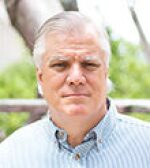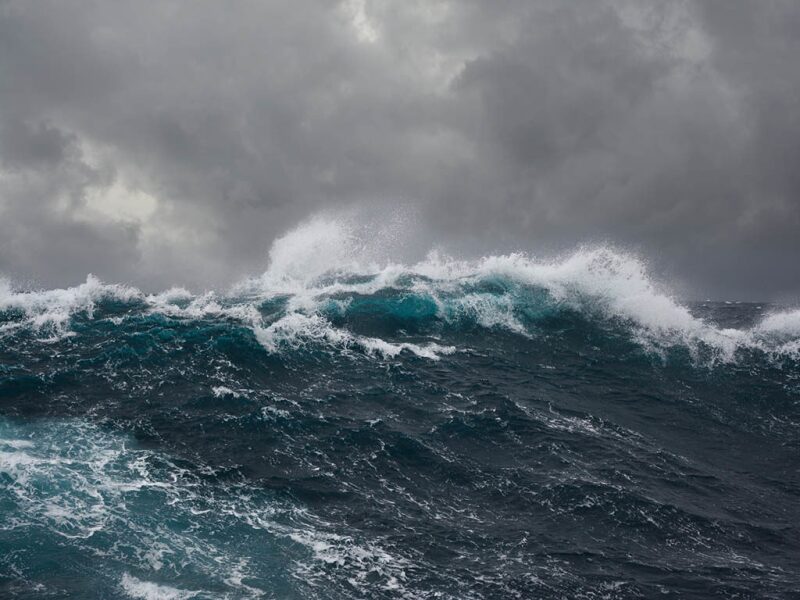
Most of you reading this are thinking, okay, he’s SPE President, he must know something I don’t know, see something I don’t see, etc. The truth is we are all in the same storm of pandemic+economic crisis=chaos.
Our salvation is that humans have evolved and survived not despite adversity but because of it. Humans do not like uncertainty—real or perceived. Uncertainty causes anxiety, and anxiety clouds one’s thinking. My advice is to focus on what you know, what you believe in, and what you can do. These actions are tangible and necessary.
The recent industry news is truly unnerving. Nearly 50 companies in North America have filed for bankruptcy during the second and third quarters of 2020, while others are making deep cuts in their workforce. Globally, multinational oil and gas operators and oilfield services providers are reducing staff by 10–20% (15% appears to be an average). The result is job losses totaling more than 100,000. As the pandemic drags on and demand remains contracted, these numbers are only expected to rise.
This hit to our industry is personal for me (and likely for most of you). Many of my former students, friends, and family are affected by the economic calamity that we are currently experiencing, some more severely than others. Please keep in mind that many of us are faring reasonably well, but to someone who has lost their job, it is more than their livelihood—it could also be that they have lost their sense of purpose.
The numbers don’t lie. The demand side of the equation has contracted by roughly 10%, and the expectation for recovery is that demand will continue to increase by about 1% per month. That means demand will return to late-2019/early-2020 levels around mid-2021. This assumes, of course, that the pandemic does not worsen.
Financially, as an industry we are in survival mode. There are segments that are strengthening, and ironically, several of my former students and industry colleagues in leadership positions for companies undergoing bankruptcy are remarkably optimistic about the future. I think it comes down to the uncertainty/anxiety syndrome I discussed above (i.e., as a business, once there is clarity the confidence exists to do what must be done).
I ask that you keep our colleagues who are struggling in mind. Reach out and let them know you are thinking about them and ask them (sincerely) if they need any help. If they say they do, then do whatever you can. If entry-level colleagues (i.e., students) are in your sphere, don’t tell them how tough it was during your career or give them platitudes. Be honest and direct and guide them toward activities and tasks that keep them sharp and focused. If asked difficult questions such as “Should I leave the industry?”, be kind but candid. My reply is “If you really want to be a petroleum engineer, you will have that opportunity, but you must be prepared for competition.”
What Can We Do?
I recently attended a virtual conference where one of the leadership speakers made a comment that I paraphrase here: “As an industry, we became arrogant—not so much in our abilities, but in our stubborn perception that the future will look very similar to the past. We now know it doesn’t.” I noted this because that is the most succinct definition of a lesson learned in this storm of pandemic+economic crisis.
We must rebuild our industry and our attitudes from the ground up. Yes, we will continue to find, develop, and produce oil and natural gas (and if granted a moment of pride, I would comment we are highly skilled at this task). Still, we need to look beyond what we do and think more about why we do it. If we focus on the “why,” then we can adapt to the future; if we focus on the “what,” I believe we are tied to the past.
My near-term goal is to urge people of our industry to focus. This storm is upon us, much like a hurricane. We can prepare for it, we can even predict its path to some degree, but the reality is that we cannot affect that path—it needs to run its course. The smart move, at least when it comes to hurricanes, is to get out of the way. Being from south Louisiana, I can tell you that sometimes we do, and sometimes we don’t.
I have family who were severely affected by Hurricane Laura in late August. They can and will rebuild, just like every other time.
However, we can’t run away from this pandemic+economic storm—where should we go? Some of you might say New Zealand (which coincidentally is where my family resides), but given what we know, we may be in the eye of this storm and the next punch may be worse than the first.
General George Patton, storied World War II US Army officer, is credited with many inspirational quotes (some of which he probably never actually said). One of my favorites is “Never tell people how to do things. Tell them what to do, and they will surprise you with their ingenuity.” So, let me try to be inspirational: Focus on your work, focus on your family, and take some time to focus on you.
We need work to motivate and stimulate us, we need family for support and solidarity, and we need time to be ourselves, which can be difficult when you are isolated. Use your time and tools and take (at least) 1 day off a week. Be creative and have meetings with people about ideas, concepts, technical needs, and perhaps learn something new such as a tool (software) or methodology/workflow. Watch a webinar. Some of these may seem obvious, but I am asking you to actually do them, not just think about them. Lastly, I encourage you to direct your energy toward SPE.
Where Do I See Myself?
As a teacher, many say that I talk too much and say too little, and I often can be accused of speaking while thinking. Guilty as charged. But as a teacher, I am also an armchair psychologist and I see people at their best and their worst. People are at their best when they are well-prepared mentally, physically, and in a way, spiritually (you must believe in yourself and your cause). People are at their worst when they are unprepared and when they feel slighted by the world for some perceived injustice. This pandemic+economic crisis is the greatest challenge many, if not all of us, will face in our work careers and our personal lives. It is unfair, it is undeserved, and it is just plain unwanted. In modern society (politics aside), one generally can get what they need, but one must earn (read: sacrifice for) what one wants.
I believe that we will prevail through this crisis and we will continue to evolve/adapt in the ways we provide society with arguably the most critical element of a modern standard of living—secure, affordable, and sustainable energy.
Despite how effective (or ineffective) I am at delivering a message of resilience, I genuinely believe in that message. We are an essential industry that provides for so many needs in society that it is nearly impossible to imagine a life without oil. As we say at Texas A&M University, I am a “loud and proud” believer in petroleum engineering as a profession, as a discipline, and as a way of life.
SPE members carry this great organization through their volunteerism, participation, and continued financial support. However, there is no free ride, and I will remind you that we all must contribute for this organization to succeed. In short: I will put you to work.
As always, I sincerely welcome your feedback. Feel free to contact me at president@spe.org.


